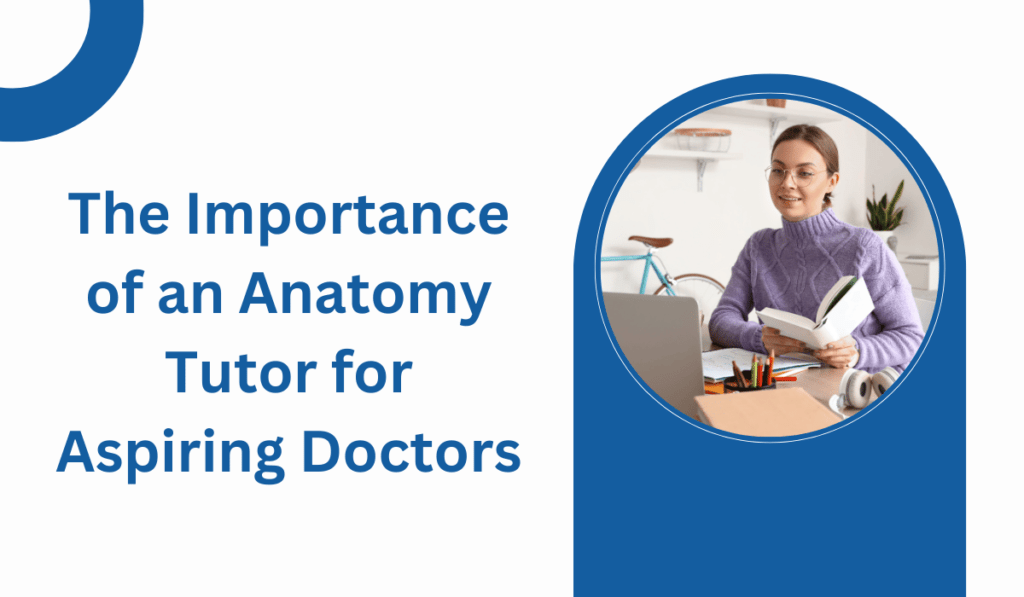The Complexity of Anatomy
Anatomy is one of the most demanding subjects in medical school. It requires students to memorize a substantial amount of information, understand intricate details about the human body, and apply this knowledge in clinical settings. The challenges of studying anatomy include:
- Vast Material: The sheer volume of anatomical structures, including bones, muscles, nerves, and organs, can be overwhelming. Medical students often need to memorize hundreds of terms and their corresponding locations, functions, and relationships within the body.
- Complex Terminology: Medical terminology is often derived from Latin and Greek, making it difficult to remember and pronounce. This terminology is essential for clear communication in medical practice, but it can be a significant hurdle for students.
- Detailed Understanding: A deep comprehension of spatial relationships between different body parts is essential. Students must understand not just the names of structures but also how they interact with each other in both normal and pathological states.
Given these challenges, traditional classroom instruction may not be sufficient for all students. Visual and practical learning methods, such as dissections and 3D models, are crucial but can be difficult to master without guidance. The transition from theoretical learning to practical application is another significant challenge, as students must be able to translate their knowledge into real-world medical scenarios.
The Role of an Anatomy Tutor for Aspiring Doctors
An Anatomy Tutor for Aspiring Doctors plays an important role in helping students navigate the complexities of this subject. Here are some key benefits of having an Anatomy Tutor for Aspiring Doctors:
- Personalized Instruction: Tutors tailor their teaching methods to suit individual learning styles, ensuring that students grasp complex concepts more effectively.
- Clarification of Concepts: Tutors can break down complicated topics into simpler terms, making them easier to understand.
- Practical Examples: Using real-life scenarios and practical examples, tutors can help students relate theoretical knowledge to clinical practice.
- Lab Support: Tutors assist with laboratory work and dissections, providing hands-on experience and reinforcing learning.
- Exam Preparation: Tutors offer strategies for effective study and exam preparation, helping students perform better academically.
Benefits of Having an Anatomy Tutor
The advantages of having an anatomy tutor for Aspiring Doctors extend beyond academic performance. Here’s how a tutor can positively impact a medical student’s journey:
| Benefit | Description |
|---|---|
| Enhanced Understanding | Tutors help students grasp and retain complex anatomical information more effectively. |
| Increased Confidence | With a tutor’s support, students become more confident in their knowledge and skills. |
| Improved Performance | Personalized tutoring can lead to better grades and academic achievements. |
| Critical Thinking | Tutors encourage critical thinking and problem-solving, essential skills for future doctors. |
| Clinical Preparation | Tutors prepare students for clinical practice by bridging the gap between theory and application. |
Enhanced Understanding and Retention of Material:
One of the primary benefits of having an Anatomy Tutor for Aspiring Doctors is the improved understanding and retention of complex material. Tutors use various teaching methods, including visual aids, interactive models, and practical examples, to make learning more engaging and effective. This tailored approach helps students grasp difficult concepts and retain information for longer periods.
Increased Confidence in Handling Complex Subjects:
Studying anatomy can be intimidating, but with the help of a tutor, students can build their confidence. Tutors provide a supportive learning environment where students can ask questions, clarify doubts, and gain a deeper understanding of the subject. This increased confidence translates into better performance in exams and practical assessments.
Improved Academic Performance:
Personalized tutoring has been shown to improve academic performance significantly. Tutors can identify areas of weakness and focus on strengthening those areas, resulting in higher grades and better overall academic achievements. This improvement not only boosts the student’s morale but also enhances their prospects for future opportunities.
Development of Critical Thinking and Problem-Solving Skills:
An Anatomy Tutor for Aspiring Doctors encourages students to think critically and develop problem-solving skills. By presenting real-life scenarios and case studies, tutors help students apply theoretical knowledge to practical situations. This approach fosters analytical thinking, which is essential for medical professionals.
Better Preparation for Clinical Practice:
The ultimate goal of studying anatomy is to apply the knowledge in clinical practice. Anatomy tutors play a crucial role in bridging the gap between theoretical learning and practical application. They provide guidance on how to approach clinical cases, interpret diagnostic images, and perform procedures with confidence. This preparation is invaluable for aspiring doctors as they transition into their clinical years.
Case Studies and Testimonials
Many medical students have experienced significant benefits from working with anatomy tutors. For example, Sarah, a second-year medical student, struggled with anatomy until she started sessions with a tutor. She explains, “My tutor helped me understand difficult concepts through practical examples and provided me with effective study strategies. My grades improved, and I feel more confident in my knowledge.”
Similarly, John, a recent medical graduate, credits his tutor for his success in anatomy. “Having a tutor made a huge difference. The personalized attention and support helped me excel in my studies and prepared me well for my clinical rotations.”
These case studies highlight the transformative impact of anatomy tutoring. Students not only improve their academic performance but also gain the skills and confidence needed for their future medical careers.
Finding the Right Anatomy Tutor for Aspiring Doctors
Selecting the right anatomy tutor is crucial for maximizing the benefits of tutoring. Here are some qualities to look for:
- Expertise and Qualifications: Ensure the tutor has a strong background in anatomy and relevant qualifications. Look for tutors who have degrees in medical or related fields and have experience teaching anatomy to medical students.
- Teaching Experience: Experienced tutors are better equipped to explain complex concepts and adapt their teaching methods. Consider tutors who have a track record of successfully helping students improve their understanding and performance in anatomy.
- Communication Skills: Effective communication is essential for explaining difficult topics and ensuring student understanding. A good tutor should be able to break down complex information into simple, understandable terms.
- Patience and Adaptability: A good tutor is patient and can adapt their teaching style to meet the student’s needs. They should be willing to go over difficult concepts multiple times and use different teaching methods to ensure comprehension.
When looking for a tutor, consider recommendations from peers, online platforms like TutorLinkers, and trial sessions to find the best fit. TutorLinkers offers a range of qualified Anatomy Tutor for Aspiring Doctors who can provide personalized support to help you succeed in your studies.
Conclusion
In conclusion, an Anatomy Tutor for Aspiring Doctors is an invaluable resource. They provide personalized instruction, clarify complex concepts, and offer practical and exam support, leading to enhanced understanding, confidence, and academic performance. For medical students aiming to master anatomy, seeking the help of a qualified tutor can make a significant difference in their educational journey and future clinical practice.
Call to Action
If you are a medical student struggling with anatomy, consider hiring a tutor to help you succeed. Visit TutorLinkers to find qualified anatomy tutor for Aspiring Doctors who can support you in your studies. For additional resources on studying anatomy, check out Khan Academy’s Anatomy and Physiology course and the American Association of Anatomists for further guidance.
Ehsan Ali is a seasoned content writer and researcher with a talent for translating complex concepts into clear, engaging content. With a deep understanding of human behavior, societal trends, and technical topics, Ehsan creates insightful and impactful content that resonates with a broad audience. His expertise ensures that each piece is both accessible and compelling, bridging the gap between intricate details and everyday understanding.




